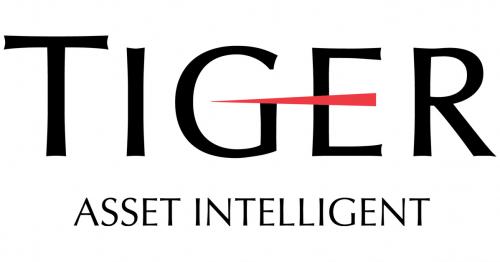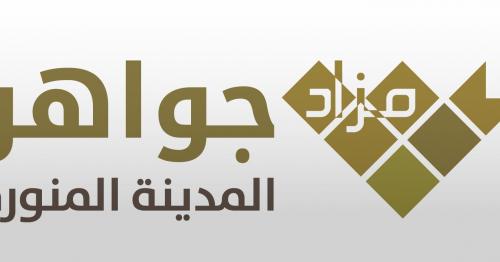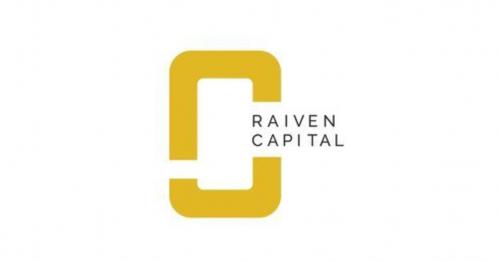KSA ranks among the highest in healthcare efficiency

The Kingdom of Saudi Arabia scores among the highest in efficiency, as compared to the 16-country overall average, Royal Philips, a global leader in health technology, said in the first chapter of three 2018 Future Health Index (FHI), a research-based platform designed to help determine the readiness of 16 countries in addressing health challenges and building efficient and effective health systems released on Wednesday.
An efficiency score of 44.17 is particularly strong, rising over 17 points above the average, and coming in just after Singapore at 50.11, indicating healthcare spend is being effectively utilized in relevance to health outcomes.
According to the results, overall satisfaction with the healthcare system is 10 points above average on the index, with more room for growth. Healthcare professionals are more satisfied with the level of care offered, than the general population in Saudi Arabia (66.18 vs. 59.32). This is driven by their higher levels of trust in the healthcare system compared to the general population (80% vs. 62%).

Within the value measure, the only metric to fall below the 16-country average is access to healthcare, which is mainly caused by the below-average skilled healthcare professional density and the low number of hospital beds.
“The FHI index identifies and measures important healthcare system markers that will pave way into the future, integrating technologies across the health continuum. This will help in advancing the healthcare infrastructure and systems to move away from a volume-based measure of healthcare to a value-based one,” said Ozlem Fidanci, CEO of Philips MET region.
Value-based healthcare is the latest thinking in healthcare that describes a system that aims to increase access to care and improve patient outcomes at lower cost. Designed as people-centric, it is about providing the right care at the right time, in the right place and at the right level of cost. Five factors are used as indicators of success in a value-based healthcare system:
- Access: Securing universal access to healthcare
- Outcomes: Driving better healthcare outcomes
- Costs: Reducing costs and waste
- Satisfaction: Ensuring HCP satisfaction
- Experience: Improving patient experience
The FHI analyzes data from across 16 countries, representing about half of the world’s population. This year it introduced the Value Measure, a new indicator of the value delivered by healthcare systems of developed and developing markets. Combining criteria associated with value-based healthcare:
- Access – how universal and affordable is access to healthcare?
- Satisfaction – to what extent does the general population and healthcare professionals see their healthcare system as trustworthy and effective?
- Efficiency – does the system produce positive outcomes at an optimum cost?
These criteria termed as the Value Measure in the index, provide a benchmark against which a healthcare system’s progress towards efficient and effective healthcare can be evaluated.
This methodology builds on the fast-growing consensus that the value-based healthcare model is the best approach to address the challenges posed by a combination of growing and aging populations with the rise of chronic diseases and healthcare costs.
The FHI primarily focuses on the crucial role that technologies for connected care and digital tools can play in delivering more integrated and sustainable healthcare in the Kingdom. Saudi Arabia’s current state of data analytics indicates there is room for further implementation of artificial intelligence (AI) tools in the patient journey.
Saudi Arabia has made some investments in data collection; however, there is still a need for growth as the country falls below the 16-country average across data collection & analytics metrics. 92% of healthcare professionals and 75% the general population believe that technological integration would make the quality of care better.
Fidanci added: “The index results confirm the Kingdom’s e-health strategy is a pivotal pillar in the future for improving and managing people’s health. The FDI offers a meaningful measure that helps countries like the Kingdom to identify their immediate needs and readiness for artificial intelligence tools and similar to be a part of the patient journey.”
/ Source: saudigazette





Comments